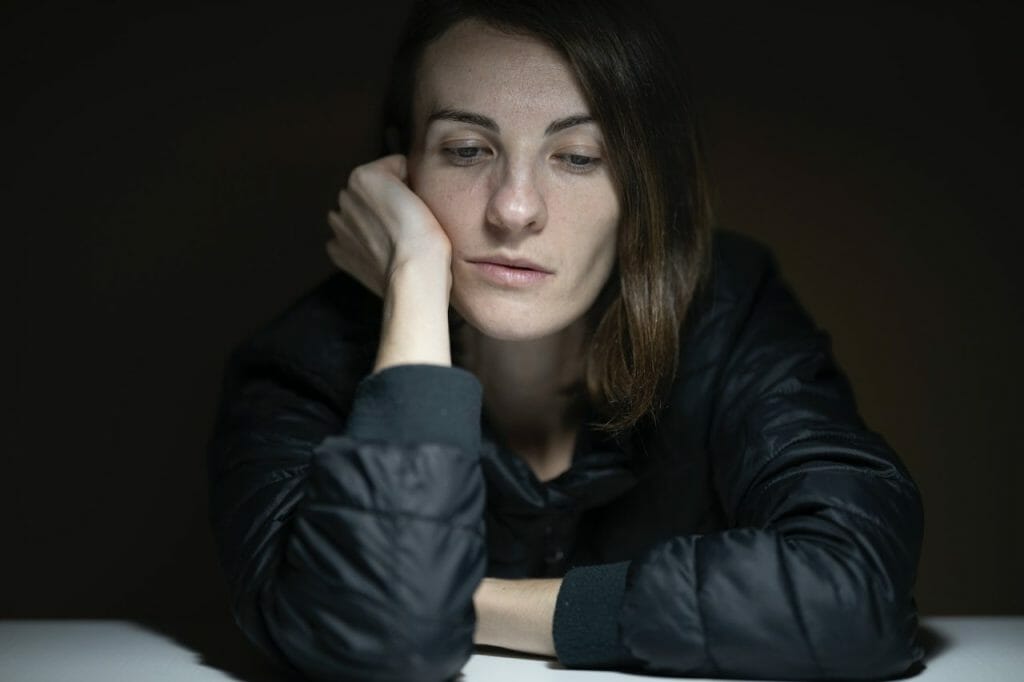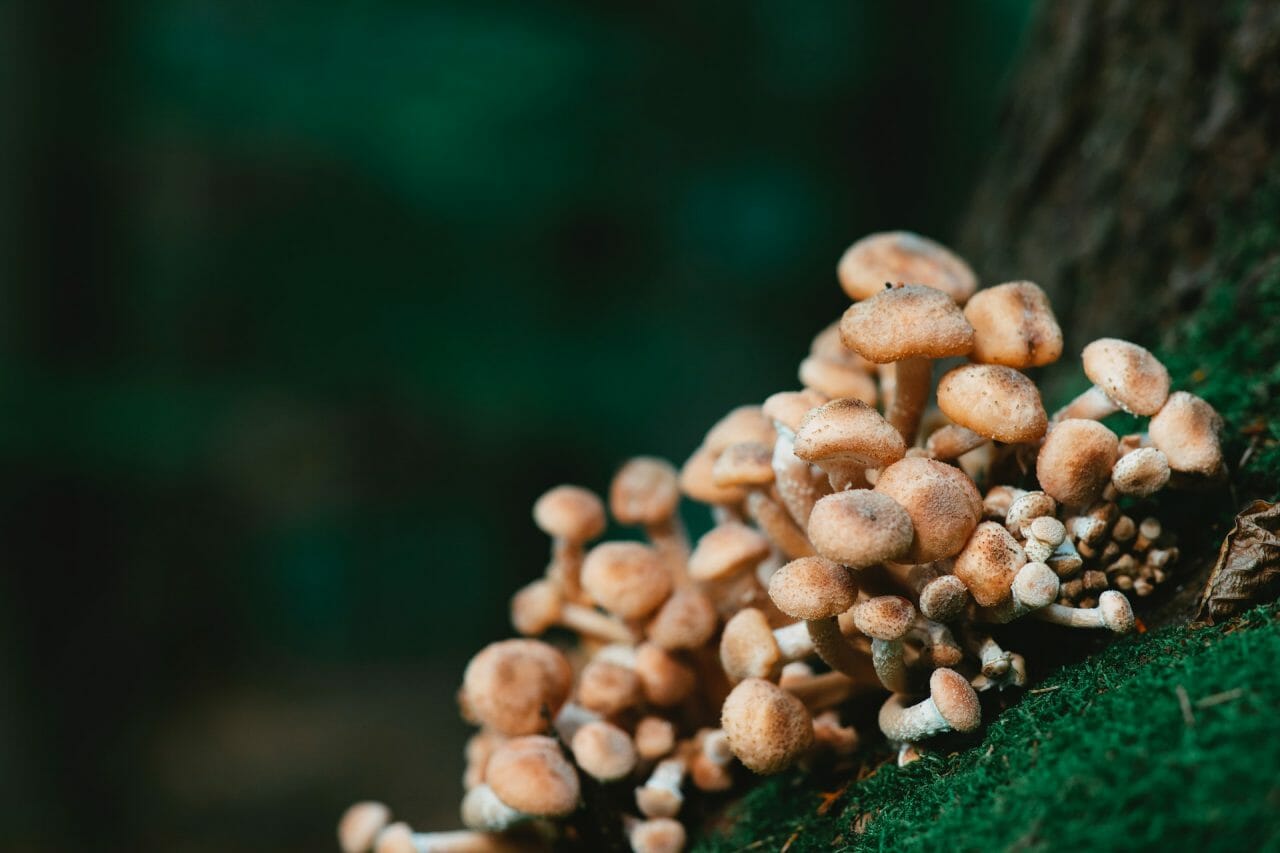The World Health Organization (WHO) reports that globally, depression affects over 264 million people.
Despite the efficacy of traditional treatments, they often fall short in addressing the complex nature of depression. This issue has led to an increased interest in alternative therapies. One such alternative, which is gaining both scientific and public attention, involves the use of psilocybin-containing mushrooms obtained from a mushroom dispensary for the treatment of depression.
Let’s delve into the world of mushroom dispensaries, examine their role in depression treatment, and look at the compelling statistics that underscore their potential to revolutionize our approach to this pressing global mental health concern.
Key Findings:
- Mushroom dispensaries offer alternative depression treatments with psilocybin-rich mushrooms.
- Research suggests that psilocybin can result in significant and long-lasting reductions in depression symptoms.
- Psilocybin therapy is part of a burgeoning trend that’s transforming mental health care.

Understanding Psilocybin and its Therapeutic Potential
Psilocybin, a natural compound found in certain types of mushrooms – commonly referred to as “magic mushrooms” – is metabolized into psilocin by the body upon consumption. This compound interacts with the brain’s serotonin receptors, resulting in significant perceptual, mood, and consciousness alterations commonly associated with psilocybin use.
Research into the potential of psilocybin as a treatment for depression has yielded significant findings. Clinical trials and studies have shown that a single, carefully administered dose of psilocybin can substantially reduce symptoms of depression. Patients have reported long-lasting and transformative effects on their mental health and overall quality of life.
These findings have stimulated increased interest and investment in psilocybin as a novel treatment alternative for depression, especially for those who have not experienced success with conventional therapies.
Encouraging Results for Depression Treatment with Magic Mushrooms
Dispensaries
Magic mushrooms, commonly known as psilocybin-rich mushrooms, have garnered attention for their potential in alleviating depression symptoms. This article explores various species of magic mushrooms and investigates their potential therapeutic effects on depression.
| Magic Mushroom Species | Description | Possible Therapeutic Effects on Depression |
| Golden Teacher | A popular magic mushroom species, recognized by its golden cap. | It might reduce symptoms of depression and boost emotional wellness. This species promotes introspection and self-reflection, potentially helping individuals gain new insights into their depression. Some users report experiencing a sense of unity and interconnectedness, which could counteract the feelings of isolation commonly associated with depression. |
| Psilocybe Cubensis | One of the most common magic mushroom species. | It has been associated with positive mood changes and altered life views. It could improve emotional processing and help individuals address the root causes of their depression. The altered state of consciousness it induces could assist users in breaking free from fixed thought patterns and fostering a more optimistic outlook. |
| B+ | Recognizable due to its large, bulbous fruiting bodies. | It may cause significant and lasting reductions in depressive symptoms. Users frequently describe achieving a greater understanding and clarity about their emotions and life circumstances. The therapeutic journey may assist in releasing suppressed emotions and trauma, thus providing relief from depression. |
| Liberty Cap | Small, conical mushrooms found in diverse regions. | They are known to provoke intense emotional experiences that can have a positive impact on depression. During Liberty Cap journeys, users often report heightened sensitivity and empathy, which can foster emotional healing and connection. The profound, immersive nature of the psychedelic journey may assist individuals in understanding the root causes of their depression. |
| Penis Envy | Notable for its distinctive, phallic-like shape. | It is associated with deep realizations and changes in depressive thought patterns. Users commonly report experiencing ego dissolution, which allows them to confront their depression without the constraints of their usual identity. The intensity of the experience may foster therapeutic breakthroughs, leading to lasting improvements in mental health. |
| Blue Meanie | A powerful strain recognized by its bluish hue. | Believed to soothe and relax the mind, it may alleviate the symptoms of anxiety and depression. Users frequently report reaching a state of inner peace and emotional release during Blue Meanie experiences, which could potentially boost mental well-being. This strain, noted for its mild but introspective qualities, might be particularly suitable for those seeking a less intense psychedelic exploration for therapeutic purposes. |
The Role of Magic Mushroom Dispensaries in Treating Depression
Magic mushroom dispensaries, or retail outlets, play a crucial role in treating depression, offering a controlled and supervised environment for those looking for potential therapeutic solutions.
The Responsibility of Health Canada
In Canada, Health Canada serves as the federal entity responsible for maintaining the safety, efficacy, and quality of therapeutic products, such as the psilocybin found in magic mushrooms.
Approving Therapeutic Products
Recently, Health Canada has granted exceptions and permissions for the use of psilocybin in certain clinical and research instances for specific medical conditions, including depression. This shift in policy marks a growing recognition of the potential therapeutic uses of psilocybin.
Potential Therapeutic Uses
Magic mushroom stores provide a potentially innovative and hopeful therapeutic route for people battling depression. Provided they have the necessary authorization and under certain circumstances, individuals can utilize psilocybin therapy to lessen depression symptoms.
A Supervised and Regulated Environment
Magic mushroom dispensaries provide a supervised and regulated environment for those seeking psilocybin therapy, ensuring the process is conducted safely under the guidance of qualified professionals.
Compliance with Health Canada Guidelines
Dispensaries must adhere to Health Canada’s rules and guidelines when providing psilocybin-based products for therapeutic use. They play a critical role in ensuring adherence and that therapy is carried out responsibly and ethically.
Navigating Psilocybin Therapy Through a Mushroom Shop
Undertaking psilocybin therapy through a mushroom shop can be a potentially transformative and beneficial experience. However, it’s essential
It’s important to approach this with a sense of responsibility and careful consideration. Here’s how you can effectively manage this:
- Conduct Detailed Research: Begin by thoroughly researching psilocybin therapy and the specific mushroom store you’re considering visiting.
- Professional Consultation: Before contemplating psilocybin therapy, consult a mental health professional or a therapist who specializes in psychedelic-assisted treatment. They can assess your suitability for such therapy and provide useful guidance.
- Choose a Trustworthy Store: Look for customer reviews, endorsements, and evidence of compliance with local regulations.
- Understand the Process: Familiarize yourself with the entire therapy process, from preparation and the psychedelic experience to post-experience integration. Knowing what to expect can alleviate anxiety and enhance therapeutic outcomes.
- Prepare Mentally and Emotionally: Prepare yourself mentally and emotionally for the experience. Set clear intentions for your therapy session and be ready to confront any challenging emotions or thoughts that may arise.
- Ensure a Safe Environment: Make sure the mushroom store provides a secure and comfortable setting for your therapy session, which should include appropriate lighting, music, and the presence of skilled facilitators to assist you if necessary.
- Follow Dosage Guidelines: Adhere to the recommended dosages provided by the mushroom store or your healthcare provider. Avoid self-administration or using unfamiliar substances, as it can be dangerous.
Conclusion
Mushroom stores offering psilocybin therapy have emerged as a viable alternative for treating depression. Despite legal and regulatory challenges, an increasing volume of research and personal experiences highlight their potential to alleviate depressive symptoms and provide individuals with new perspectives on their mental health.
As the field of psychedelic-assisted therapy continues to grow, the role of mushroom stores in revolutionizing depression treatment provides hope for those seeking innovative mental health solutions.
Frequently Asked Questions
How do I find a reliable mushroom dispensary for depression treatment?
In order to find a reliable mushroom dispensary, it’s crucial to do extensive research. Look for stores that adhere to local laws and safety protocols. It’s also beneficial to seek advice from
Ensure to verify the dispensary’s credentials, including the qualifications of their facilitators, and their adherence to ethical standards. It’s also helpful to seek advice from healthcare professionals or people who have had positive experiences with this treatment.
How long does the therapeutic effect of psilocybin therapy last in treating depression?
The therapeutic benefits of psilocybin therapy can vary greatly from one individual to another. Some people may experience immediate relief, while others may notice a gradual improvement. Research suggests that the benefits can last for several weeks or even months after just a single session. That said, the duration of these effects could be extended with proper integration and ongoing support.
Can psilocybin therapy be used independently to treat depression, or does it need to be combined with other therapies?
Psilocybin therapy is typically incorporated into a comprehensive plan for treating depression. It is often combined with traditional therapies such as psychotherapy, counselling, or medication to enhance its effectiveness. The choice of treatment strategies should be customized to the individual’s unique needs and guided by the advice of healthcare professionals.
What other magic mushroom products can be used for depression treatment?
In addition to classic magic mushrooms, there are several other magic mushroom products that can be used to treat depression. These include psilocybin microdosing capsules, psilocybin-infused edibles like chocolates or gummies, liquid extracts or tinctures, and psilocybin nasal sprays. These alternative methods of psilocybin administration offer a variety of dosing options and ways to take the medicine, including precise microdosing for subtle mood enhancements.
Related Article:

 Discover the potential of mushrooms in combating depression
Discover the potential of mushrooms in combating depression



